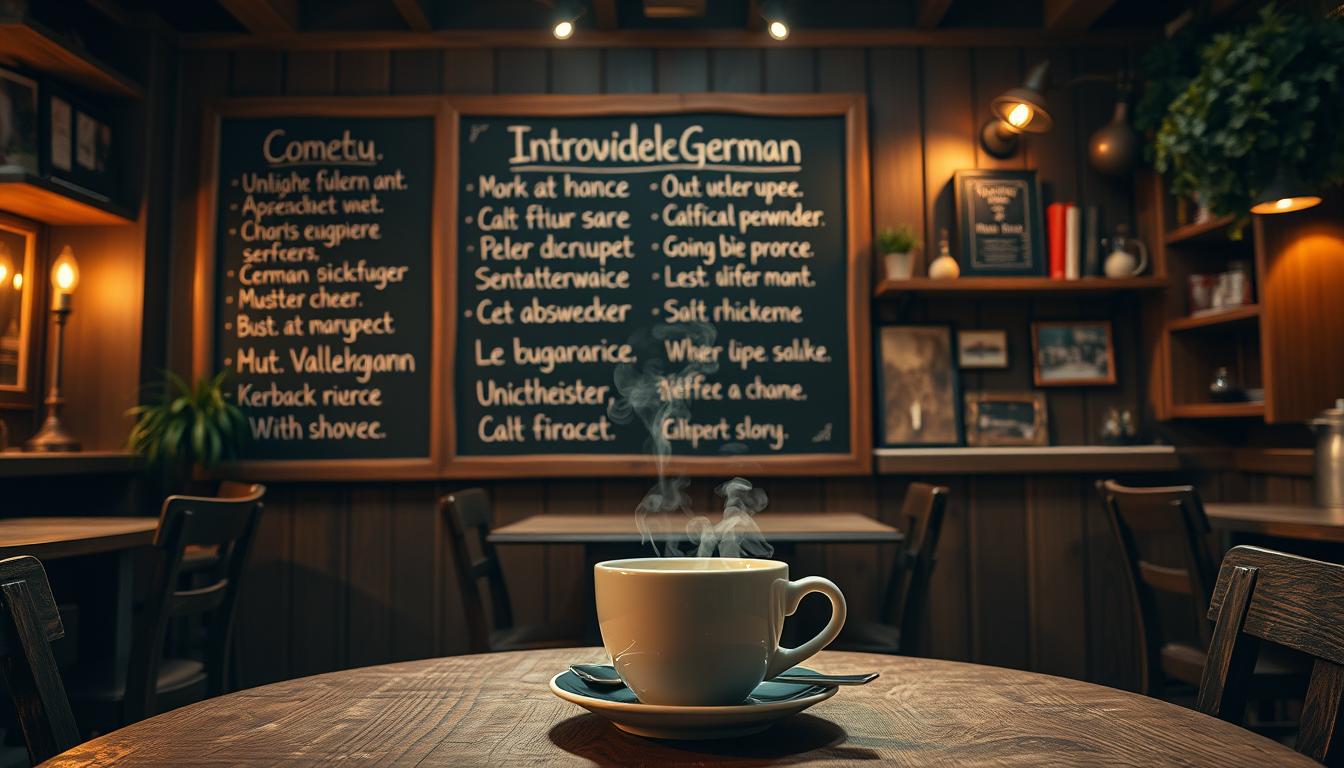Did you know that more than 100 million people in the world speak German? It is the most spoken native language within the European Union. Learning how to introduce yourself and have basic conversations in German could open up new cultural and professional doors for you. This guide will make you feel more confident when conducting daily interactions in German-speaking regions.
Below, you will learn how to introduce yourself and greet others in German. Small talk will also be discussed, along with the importance of etiquette culturally. You’ll learn how to connect on a more personal level and make your time spent with native German speakers so much more rewarding.
The Importance of Greetings in German Culture will help you learn german by understanding the significance of german language.
The Importance of Greetings in German Culture
Greetings carry a high degree of importance in German-speaking societies. Adding this knowledge to their cultural significance and etiquette will help you get along with the Germans way more effective.
Understanding the Cultural Significance
To the Germans, greetings are performed as part of respect, hierarchy, and to illustrate social status. The nature of the greeting applied tells much about the relation between the people.
Knowing the right greeting is important to understand the German language and culture. A wrong greeting has been considered rudeness that may negatively impact any form of personal or professional relationships.
Building Relationships Using Correct Etiquette
| Greeting | Formality | Appropriate Use |
|---|---|---|
| Guten Tag | Formal | Used in professional or unfamiliar settings |
| Hallo | Informal | Used with friends, family, and in casual settings |
| Servus | Casual | Used in southern Germany and Austria, often with close acquaintances |
By grasping the cultural importance and etiquette of German greetings, you can build stronger connections with German speakers. You’ll feel more confident in social interactions.
How to Introduce Yourself in German and Daily Conversations
Learning to introduce yourself and chat every day is key when learning German. Whether it’s meeting new people, ordering food, or just saying hello, knowing the right words is important. It helps you connect with German language speakers.
Let’s look at the basics of introducing yourself and talking every day in German:
- Greetings and Introductions: Begin with a friendly greeting like “Hallo” (Hello) or “Guten Tag” (Good day). Then, say “Ich heiße [your name]” (My name is [your name]).
- Asking Basic Questions: Start small by asking questions like “Wie geht es Ihnen?” (How are you?) or “Woher kommen Sie?” (Where are you from?).
- Responding Appropriately: Answer with phrases like “Es geht mir gut, danke” (I’m doing well, thank you) or “Ich komme aus [your country]” (I’m from [your country]).
- Gestures and Body Language: Use friendly gestures and keep eye contact to show you’re interested and sincere.
Mastering these basics will help you feel more confident in daily conversations. You’ll make a good impression on your German language friends.
Mastering the Art of Small Talk
Starting your journey to learn German means getting good at small talk. In Germany, chatting casually is key to everyday life. Learning basic questions helps you speak better and connect with German people.
Asking and Answering Basic Questions
For small talk, ask questions that let others share about themselves. Here are some examples:
- “Wie geht es Ihnen heute?” (How are you doing today?)
- “Woher kommen Sie?” (Where are you from?)
- “Was machen Sie beruflich?” (What do you do for a living?)
- “Haben Sie ein schönes Wochenende geplant?” (Do you have a nice weekend planned?)
Whenever there is an answer, hear carefully and ask further. This keeps up the line of communication and helps you in connecting with people.
To become proficient at small talk in the German language, one has to remain sociable and courteous. Avoid touching sensitive issues. You will improve in these daily conversations through practice.
| Small Talk Phrases in German | English Translation |
|---|---|
| Wie geht es Ihnen heute? | How are you doing today? |
| Woher kommen Sie? | Where are you from? |
| Was machen Sie beruflich? | What do you do for a living? |
| Haben Sie ein schönes Wochenende geplant? | Do you have a nice weekend planned? |

Conclusion
Embarking on a journey to learn German? To start with, this article has provided the necessary ingredients for you to give a short introduction about yourself and socialize. Additionally, you will practice greetings and engage in small talk. Furthermore, you’ll learn how to navigate both formal and informal situations. As a result, it will be easier for you to communicate and interact with people who speak German. In addition, these skills will enhance your overall confidence in speaking.But remember, practice and patience are important if you want to improve your skills in German. This guide has provided you the fundamental resources to further cultivate your excess and remove deficiencies in the speaking skill of the German language. Immerse yourself and use German language in learning and experiencing the great German environment.You are going to Germany for vacations, want to get German friends, or wish to find a job which requires German. This guide has equipped you with the skills required for day to day exchanges on conversations. So, take the first step where the German learning begins.


Leave a Reply